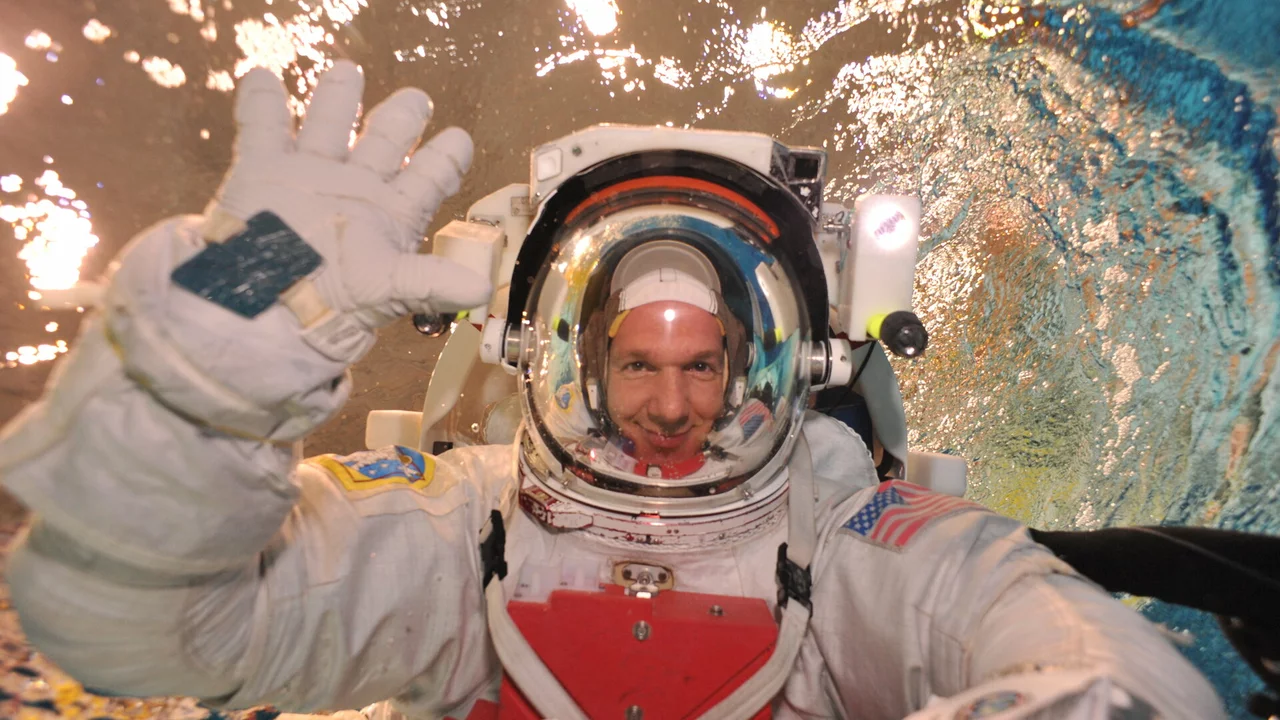Astronomy Made Simple: Space News, Tips, and Fun Facts
Ever look up at the night sky and wonder what’s out there? You’re not alone. People have been staring at stars for millennia, trying to make sense of the glittering canvas above. In this guide we’ll break down the latest space news, give you practical tips for watching the sky, and share a few cool facts that make astronomy feel a lot less distant.
First off, why does astronomy matter? It’s not just for scientists with fancy telescopes. Knowing a bit about our universe helps us appreciate how tiny we are, and how amazingly complex the cosmos really is. It also fuels curiosity – the kind that pushes us to ask “what’s next?” and to explore new frontiers.
What's Happening in Space Right Now?
Every month brings fresh headlines from orbit. For example, NASA’s Artemis program is eyeing a return to the Moon, while private companies are testing new rocket designs that could lower the cost of getting payloads into space. In the world of astronomy research, scientists have just confirmed a wave of gravitational ripples from a distant black‑hole merger, giving us a new way to study the universe.
On a smaller scale, sky‑watchers are spotting a bright comet that becomes visible just before dawn. It’s a perfect excuse to grab a pair of binoculars and see a rock from the outer solar system glowing against the sunrise. If you live in a city, you might still catch it with a modest telescope or even a good phone camera set to a long exposure.
Getting Started: Simple Tips for Sky Watching
You don’t need expensive gear to begin. Here’s a quick checklist:
- Find a dark spot. Light pollution is the biggest enemy. A park on the city’s edge or a backyard away from streetlights works well.
- Use a star map or app. Apps like SkyView or Stellarium turn your phone into a sky guide. Just point the screen upward and the app will label constellations, planets, and bright stars.
- Start with the easy stuff. Look for the Big Dipper, Orion’s Belt, or Venus at twilight. Those objects are bright and easy to spot even with the naked eye.
- Give your eyes time to adjust. It takes about 20 minutes for full dark‑adaptation. Avoid looking at bright screens during that period.
- Bring a notepad. Jot down what you see – dates, times, and any interesting colors or movements. Over weeks you’ll notice patterns and improve your skills.
Once you’re comfortable, try a simple telescope. A 70mm Dobsonian is affordable and easy to use. It can show you Jupiter’s cloud bands, Saturn’s rings, and the craters on the Moon. Remember, the goal isn’t to own the most expensive gear but to enjoy the experience.
And if you’re curious about the deeper side of astronomy, you can join online forums or local clubs. Many groups host free “star parties” where members set up telescopes and share tips. It’s a great way to meet people who love the night sky as much as you do.
In short, astronomy is a hobby you can start tonight with nothing more than curiosity and a clear sky. Keep an eye on space news for the big picture, use simple tools for everyday observations, and let the wonder of the cosmos keep you looking up. Happy stargazing!
In my latest blog post, I delve into the fascinating world of Jitendra Mallah's space. I explore Mallah's incredible journey into space exploration, his unique insights and groundbreaking discoveries. We also touch on his influence in the field and his unwavering dedication to pushing the boundaries of our knowledge about the universe. His story is truly inspiring and serves as a beacon of inspiration for all space enthusiasts. Don't miss out on learning about this remarkable individual and his significant contributions to space research.
Continue reading...
Alyssa Harlow is a 13-year-old aspiring astronaut and space exploration enthusiast. She is the founder of Alyssa's Space, a non-profit organization that focuses on space exploration and education. Through this organization, Alyssa has organized space-related events, including a camp for budding astronauts, a space-themed summer camp, and an astronomy conference. She has also partnered with a number of organizations, such as NASA, SpaceX, and the European Space Agency, to create educational and outreach programs. Alyssa's ultimate goal is to inspire the next generation of space explorers and bring space exploration to everyone.
Continue reading...

